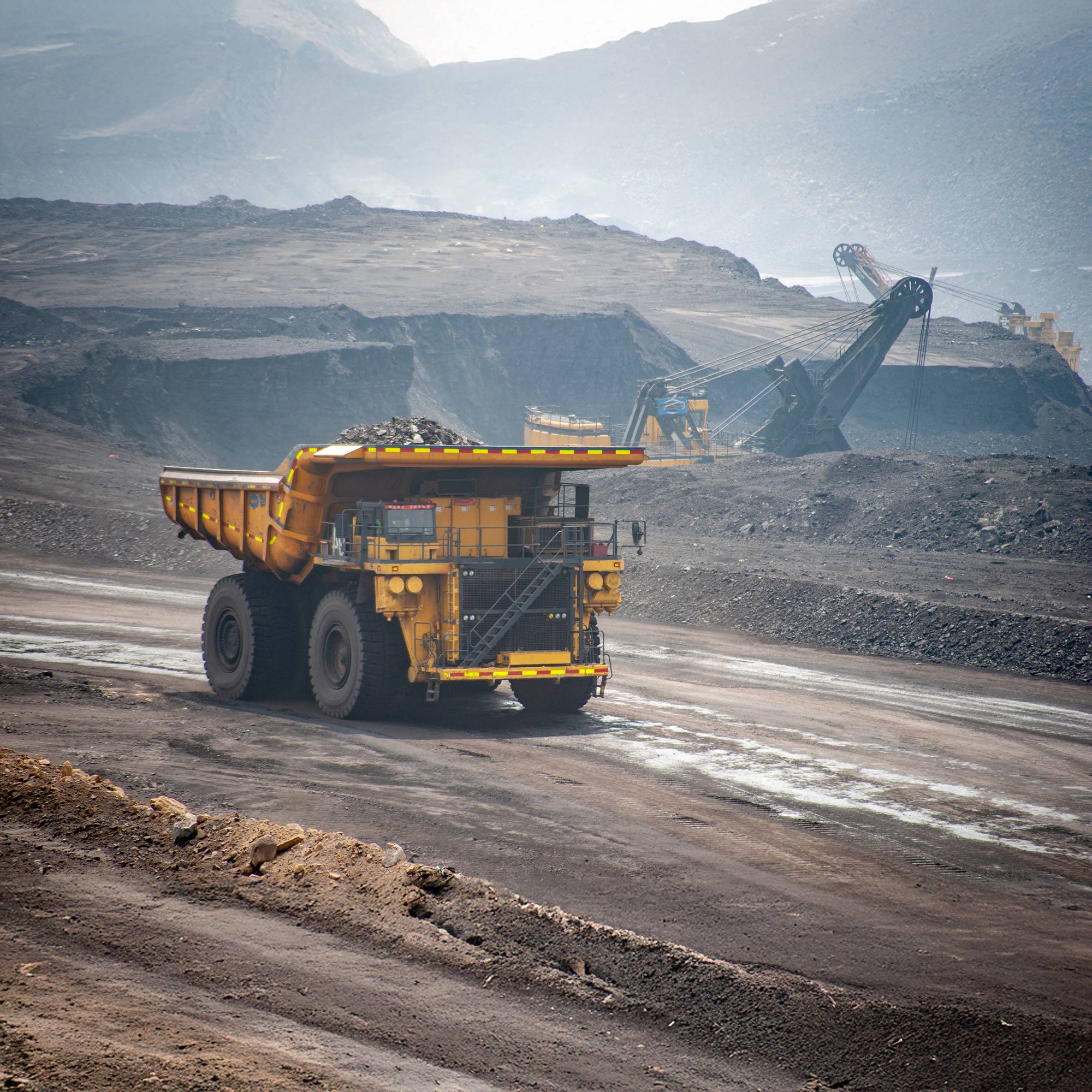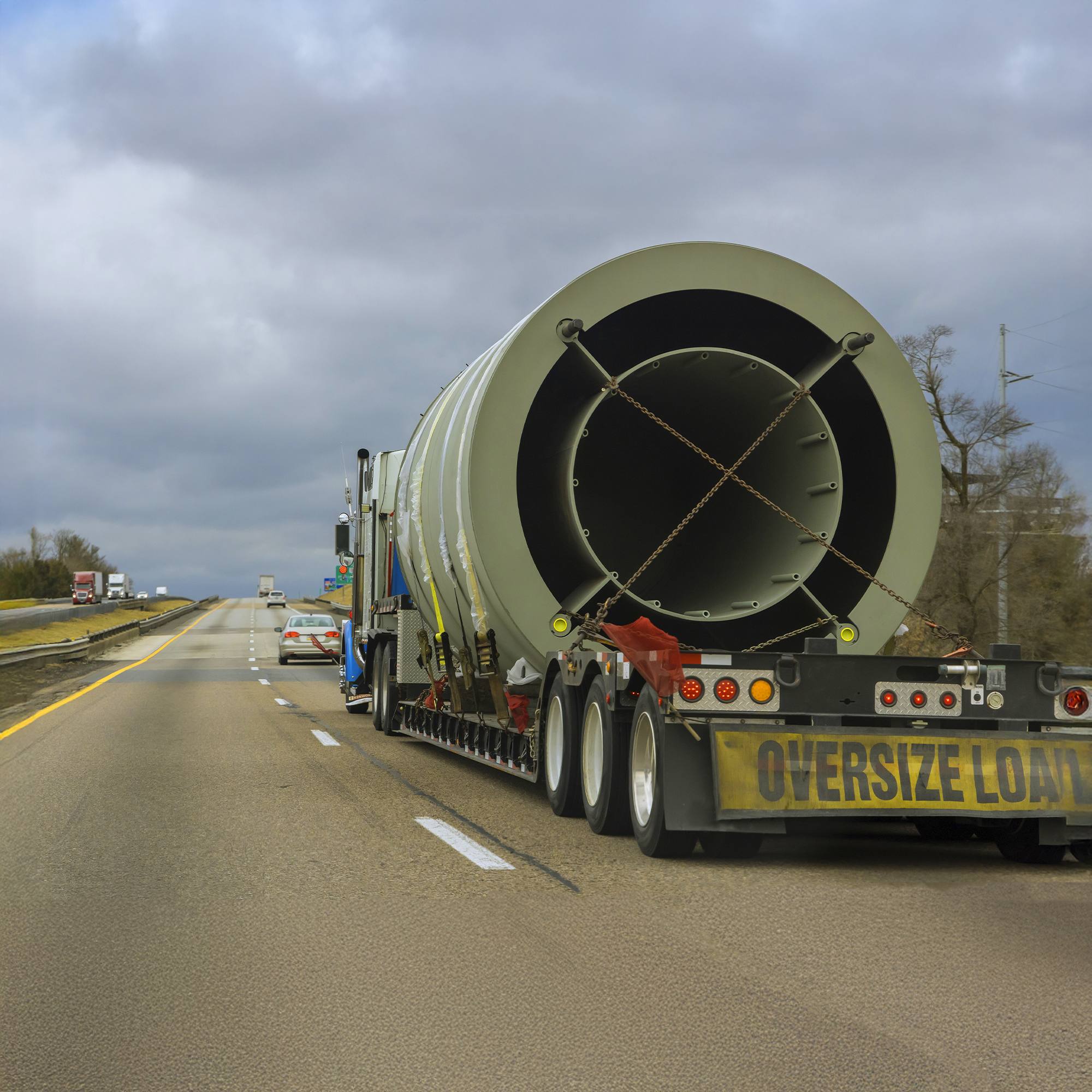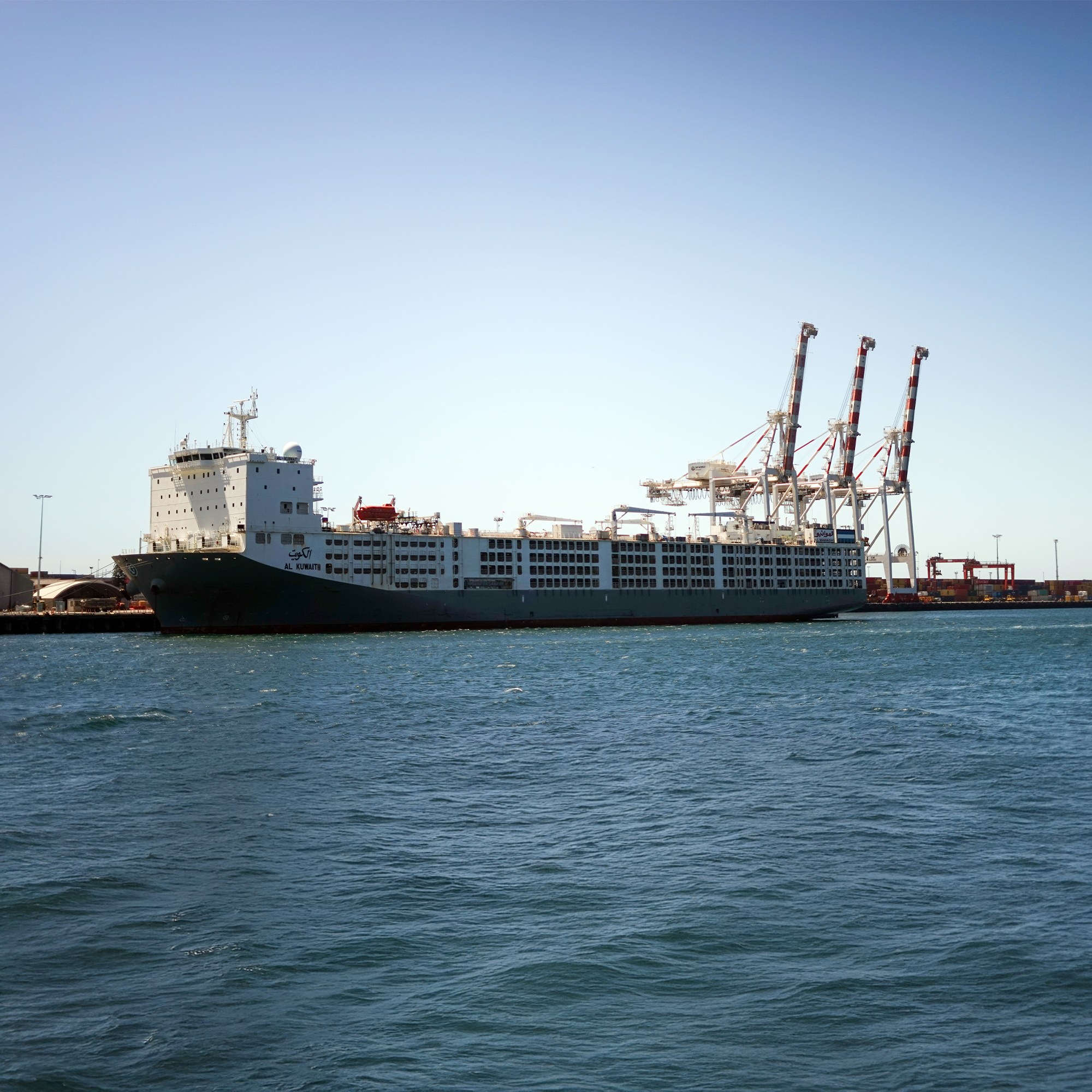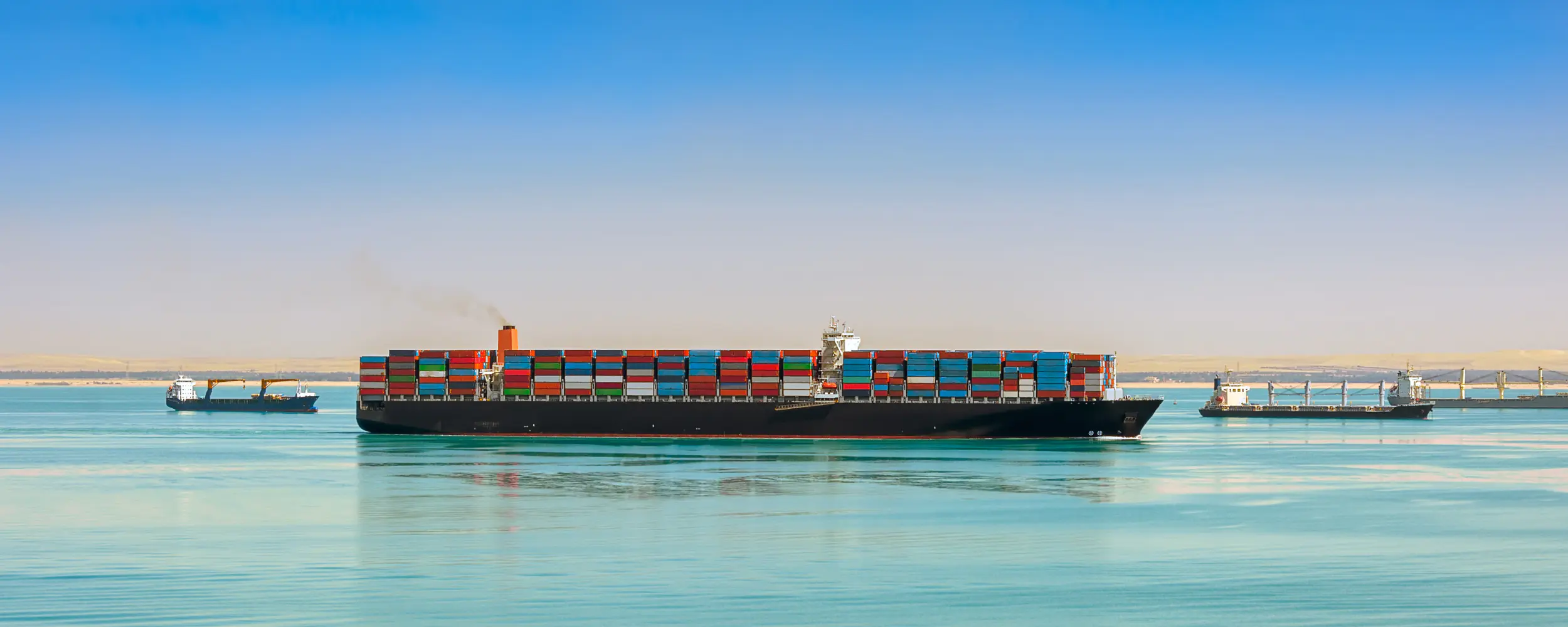
Shipping agricultural, industrial, and construction equipment to Egypt requires careful planning and consideration due to countries’s unique characteristics.
Atlantic Project Cargo offers a wide range of freight shipping solutions, including the transport of heavy equipment, boats, perishables, medical items, and high-tech equipment. We can help you navigate the complexities of shipping oversized cargo to Egypt and ensure a smooth and efficient process.
Facts About Egypt
With a population exceeding 100 million, Egypt presents a huge consumer base for imported goods. The official time zone of UTC+2 aligns with European business hours. Arabic is the official language, but English is widely used in business, easing communication for importers. The Egyptian Pound (EGP) is the official currency. Recent changes allow more flexibility for importers, with letters of credit not required for all raw materials.
Understanding cultural norms and respecting local customs is key to stress-free transportation of equipment to Egypt.
Egypt’s Trade Overview
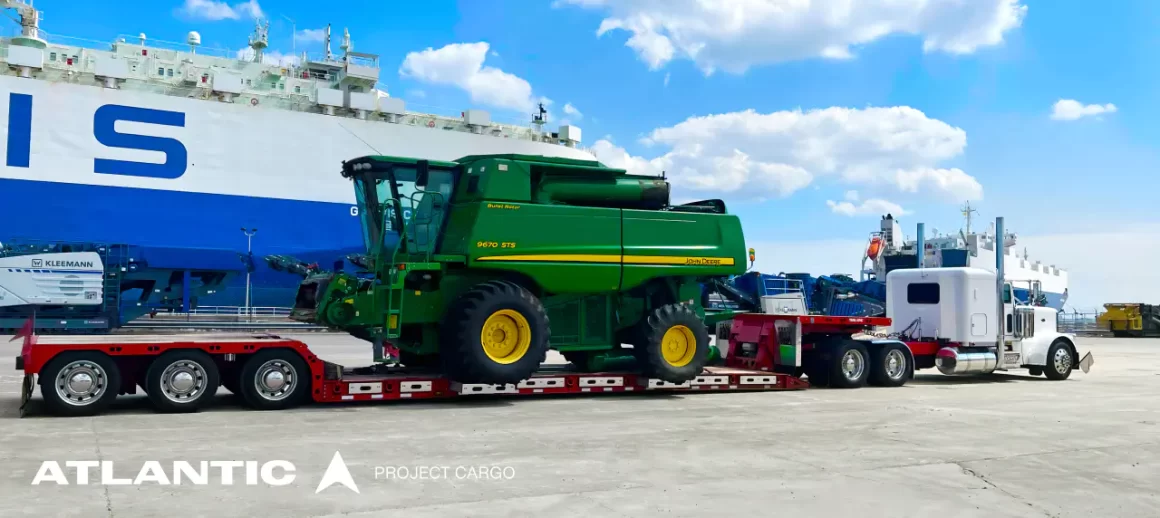
Egypt’s exports reached $52.1B in 2022, petroleum & gas are the top exports, followed by textiles & agriculture. Top partners include China, Arab states, the EU, and the USA. Imports reached $96.1B in 2022 and focus on machinery, vehicles, and chemicals. While trade decreased during COVID-19, it’s recovering, making the country an attractive market for importers and exporters.
Read more about Egypt’s imports in our article “TOP 10 GOODS IMPORTED TO EGYPT”
Heavy And Oversized Cargo Shipping To Egypt
Egypt’s economy has diverse sectors demanding heavy and oversized cargo. Let’s explore industries driving this demand and key facts.
Industries
- Energy
Ambitious renewable energy targets and oil & gas exploration propel demand for turbines, transformers, and drilling equipment - Infrastructure
Expanding transportation networks, bridges, and power grids necessitate oversized steel beams, prefabricated structures, and heavy machinery - Construction
Real estate development and industrial projects require cranes, bulldozers, and precast concrete elements - Manufacturing
Growing automotive, shipbuilding, and heavy machinery industries necessitate large-scale equipment imports - Agriculture
Land development and mechanized farming utilize large tractors, harvesters, and specialized agricultural equipment - Tourism
Cruise ships, yachts, and tourism infrastructure upgrades drive oversized cargo movement within the Red Sea and Nile regions
Key Facts
- Market size
The freight and logistics market is estimated to be worth USD 14.56 billion in 2024 and is expected to grow at a CAGR of 4.33% and reach USD 18 billion in 2029 - Trade volume
The country imports USD 1.3 billion worth of heavy machinery annually - Major ports
Alexandria, Damietta, and Ain Sokhna are equipped to handle heavy and oversized cargo - Challenges
Infrastructure limitations, complex regulations, and skilled labor shortages can present challenges
You can read more about modes of cargo transportation, main shipping ports, customs regulations, and challenges in our article:“ FARM EQUIPMENT SHIPPING TO EGYPT”
